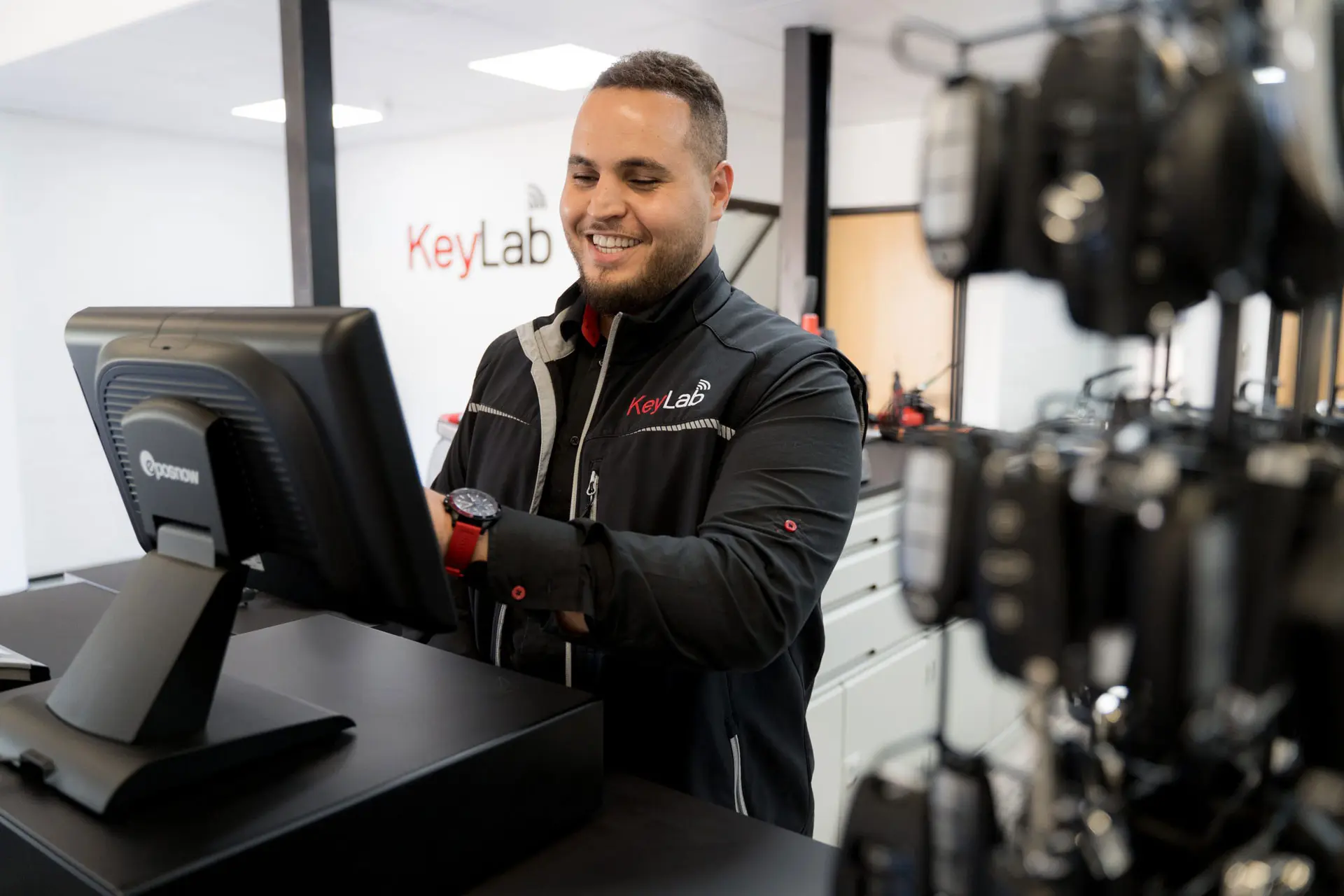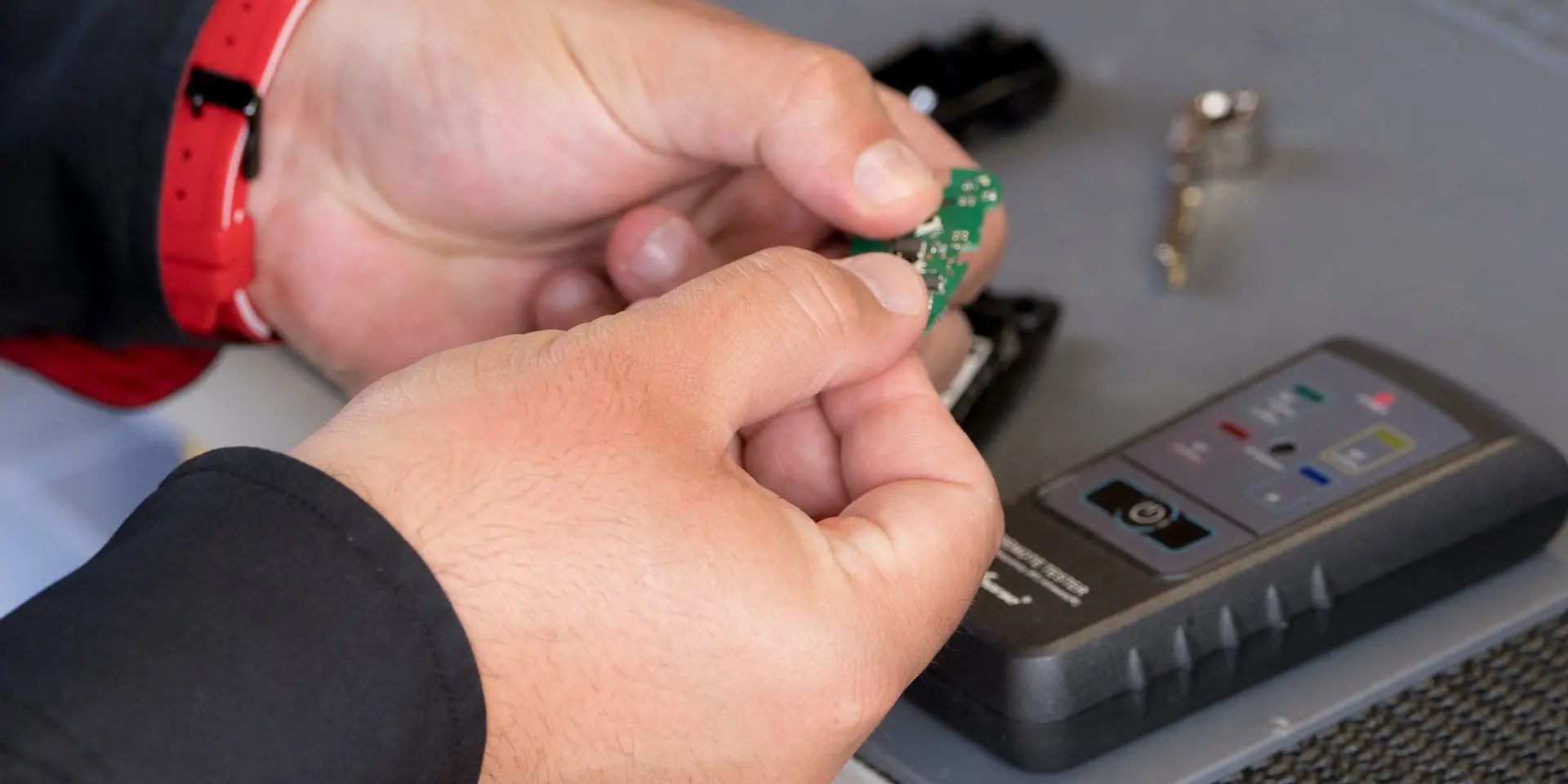What's The Job Market For Vehicle Lock Repairs Professionals Like?
페이지 정보
작성자 Sara 작성일 25-06-12 13:12 조회 12 댓글 0본문

Vehicle Lock Repairs: Ensuring Safety and Security
In a world where vehicle theft and burglaries are widespread, ensuring that a vehicle's locking system is functioning smoothly is vital for both safety and security. Vehicle lock repairs incorporate a variety of repairs and upkeep treatments that address concerns associated to locks and ignition systems. This article supplies an overview of the types of vehicle lock issues, indications of breakdown, repair choices, and preventative procedures while likewise answering some frequently asked concerns.

Understanding Vehicle Lock Mechanisms
Vehicle locks utilize different systems that vary among makes and models. The main parts of a vehicle lock system typically include:
- Key Cylinder: The part where the key is placed.
- Locking Bolt: Engages and protects the door when locked.
- Lock Assembly: Holds the door closed but can be disengaged when unlocking.
- Ignition Lock: Secures the ignition system of the vehicle.
Each of these components can be vulnerable to wear and tear or unforeseen failure, leading to lock-related issues.
| Part | Description | Typical Issues |
|---|---|---|
| Key Cylinder | Accepts the key to operate the lock | Key jams, problem turning the key |
| Locking Bolt | Mechanism that protects the door when locked | Bolt misalignment, stuck bolt |
| Lock Assembly | Engages and disengages to secure the door | Broken lock, improper function |
| Ignition Lock | Secures the ignition to start the vehicle | Key will not turn, ignition failure |
Indications of Lock Malfunction
Vehicle owners need to be alert for indications that their lock systems might be failing. Some typical indicators of lock concerns consist of:
- Difficulty Inserting Key: If the key does not easily suit the cylinder, there may be particles inside or wear happening within the cylinder.
- Stuck Key: A key that gets stuck while turning can show internal damage or misalignment.
- Locked Door Will Not Unlock: If a door declines to unlock, it might be due to a malfunctioning locking bolt or lock.
- Unusual Noises: Grinding or clicking sounds while trying to lock or unlock the door can indicate structural problems in the locking system.
- Faulty Remote: If the key fob is not responding, the problem may lie not just with the fob's battery but could also point towards problems in the lock receiver in the vehicle.
Repairing Vehicle Locks
Dealing with a vehicle lock concern can be complicated, and while some repairs can be dealt with in the house, others may need expert support.
Do it yourself Repairs
Some minor lock problems can be repaired without the aid of a mechanic. Here are a couple of examples:
- Lubrication: Regularly apply a silicone-based lube to key cylinders and locks to avoid sticking.
- Clean the Key: Dirt on the key can trigger jamming in the key cylinder. Tidy keys with rubbing alcohol to remove dirt or residue.
- Inspect the Battery in the Remote: For remote key fobs, verify that the battery is practical by evaluating it with another vehicle or having it replaced.
Professional Repairs
For more significant issues, expert repairs might be needed. Common professional services consist of:
- Key Replacement: If the key is lost or damaged, a locksmith can develop a new key or rekey the lock.
- Reprogramming Key Fobs: Sometimes the remote requirements to be reprogrammed to sync with the vehicle's receiver.
- Comprehensive Lock Replacement: In severe cases, whole locking mechanisms may need replacement due to harm or use.
Preventative Measures
To extend the life expectancy of vehicle locks and avoid problems, think about the following preventative measures:
- Regular Maintenance: Periodic inspection and lubrication of locks can avoid future malfunctions.
- Avoid Excessive Force: Handling keys and doors carefully can decrease endure locking mechanisms.
- Instantly Address Issues: If problems arise, resolving them quickly can prevent additional damage and more pricey repairs.
Frequently Asked Questions
Q: How do I understand if my vehicle lock requires repair?A: Look for indications such as difficulty placing the key, weird sounds, or the door failing to lock or unlock. Q: Can I repair a stuck lock myself?A: Simple concerns such as lubrication may
be dealt with at home; however, complicated problems usually require professionals. Q: How much does it cost to repair a vehicle lock?A: Costs can vary extensively based upon the issue and vehicle type. Basic repairs might begin around ₤ 50, whereas lock replacements can cost several hundred dollars. Q: What must I do if I lose my car key?A: Contact a locksmith or your dealership for a replacement key. They might require your vehicle identification number (VIN )to produce a new key. Q: Are aftermarket keys as reputable as initial keys?A: Aftermarket keys can be less trustworthy than OEM keys, as they might not follow the exact same specs and quality standards.
Maintaining the integrity of a vehicle's lock system is
important for overall security and safety. By acknowledging the indications of a malfunction, conducting proper repairs, and carrying out preventative procedures, vehicle owners can prevent the hassle and possible risks associated with lock concerns. Ensuring that locks work properly improves not just the vehicle's safety however likewise the peace of mind of its owner.
댓글목록 0
등록된 댓글이 없습니다.
